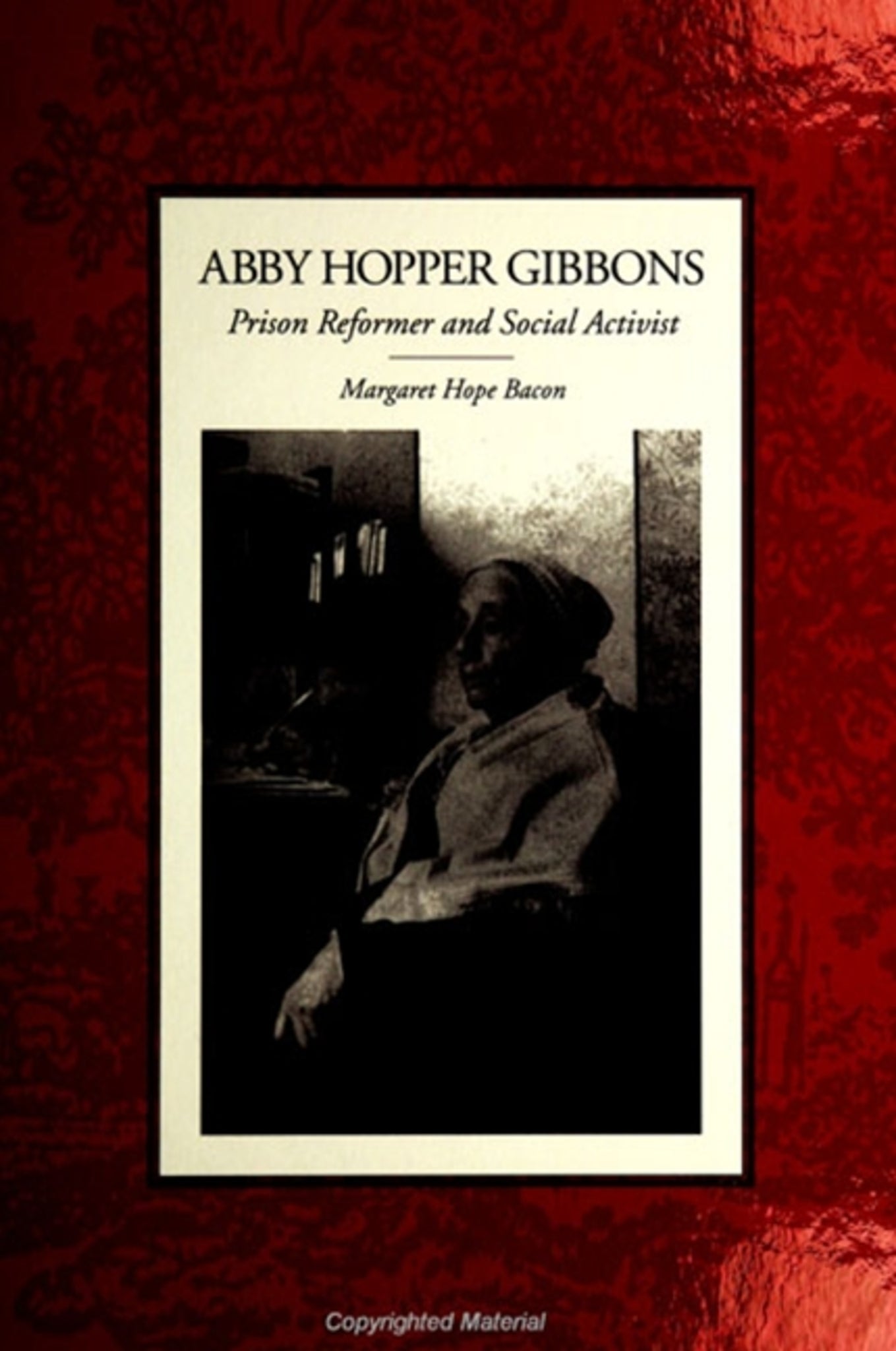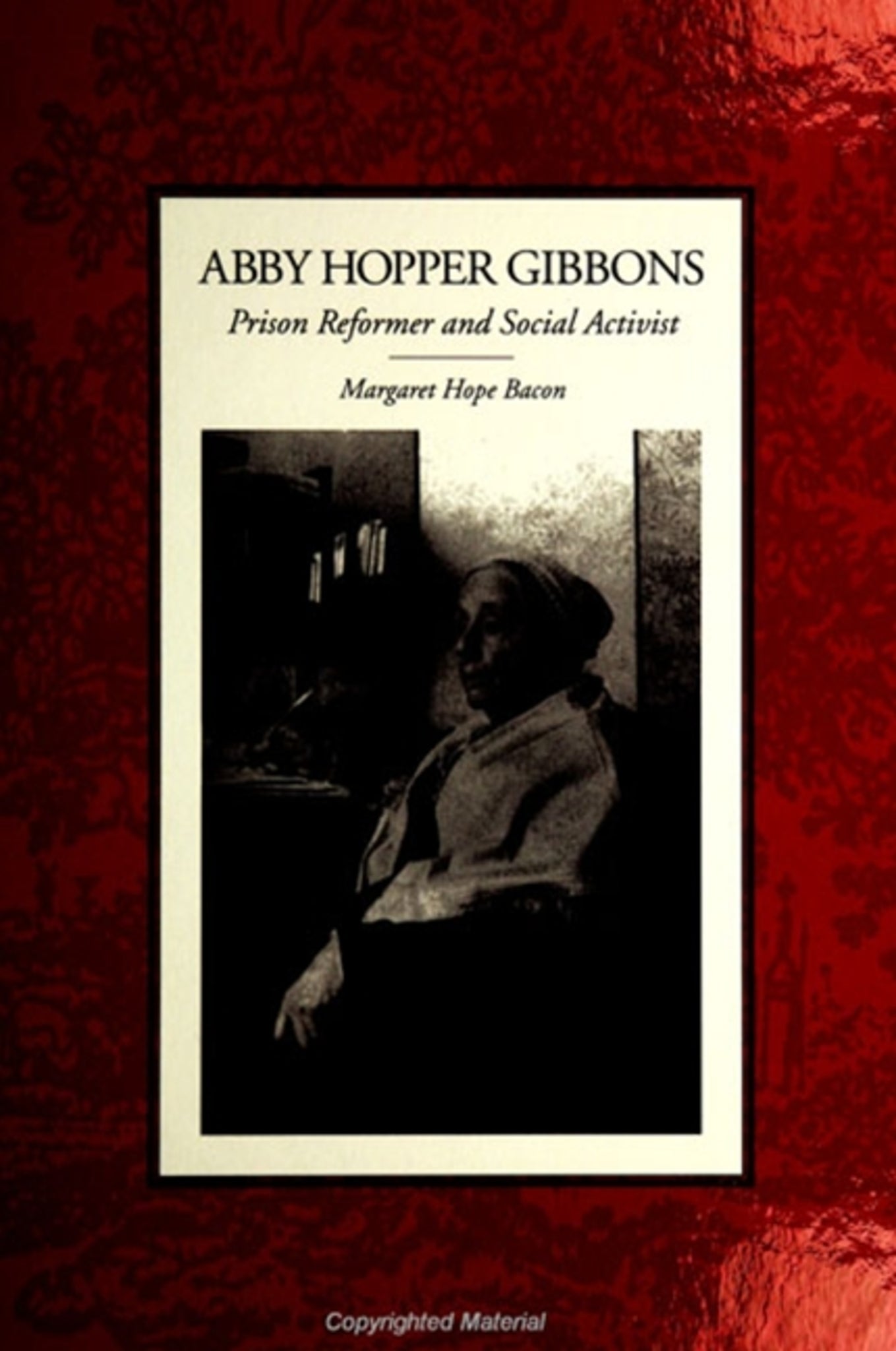We're sorry. An error has occurred
Please cancel or retry.
Abby Hopper Gibbons

Some error occured while loading the Quick View. Please close the Quick View and try reloading the page.
Couldn't load pickup availability
- Format:
-
09 March 2000

The first contemporary biography of Abby Hopper Gibbons, a nineteenth-century American social activist. Involved in a broad range of reform activities, she is particularly known for her pioneering efforts to improve the treatment of women prisoners.
This first contemporary biography of nineteenth-century American social activist and prison reformer Abigail Hopper Gibbons (1801–1893) illuminates women's changing role in the various reform movements of the period. Beginning as an abolitionist/feminist, Gibbons helped to found the Women's Prison Association of New York City in 1845. This group established the Isaac T. Hopper Home for discharged women prisoners, the first such institution in the world. Gibbons later became an advocate and lobbyist for improvements in the care of women in the city prisons, for the employment of police matrons, and for the establishment of separate correctional facilities for women prisoners.
Though born a pacifist Quaker, Gibbons became a Civil War nurse who protected escaping slaves. During the 1863 Draft Riots, her house in New York City was sacked. Following the war, she was involved in establishing several New York charities. In the 1870s she became a leader and lobbyist for the Moral Reform Movement, both locally and nationally. Her story is intrinsically interesting, and illustrates the political action employed by women of her period.


"What I like most is that the book brings to light an unknown champion of a political movement, adding important insight and perspective to our sense of the political awareness and independence of thought of nineteenth-century women. Gibbons' story gives greater texture to the variety of women's lives, experiences, beliefs, and political behavior." — Emma Jones Lapsansky, Professor of History and Curator of Quaker Collection, Haverford College
Acknowledgments
Introduction
1
Her Father's Daughter
2
The Abolitionist/Feminists
3
The Woman Question
4
Our Imprisoned Sisters
5
"Losses and Crosses"
6
"The Calls of Humanity"
7
"Take the News to Mother"
8
The Draft Riots
9
"When Johnny Comes Marching Home Again"
10
An Advocate for Women
11
"A Reformatory, Pure and Simple"
Notes
Bibliography
Index



